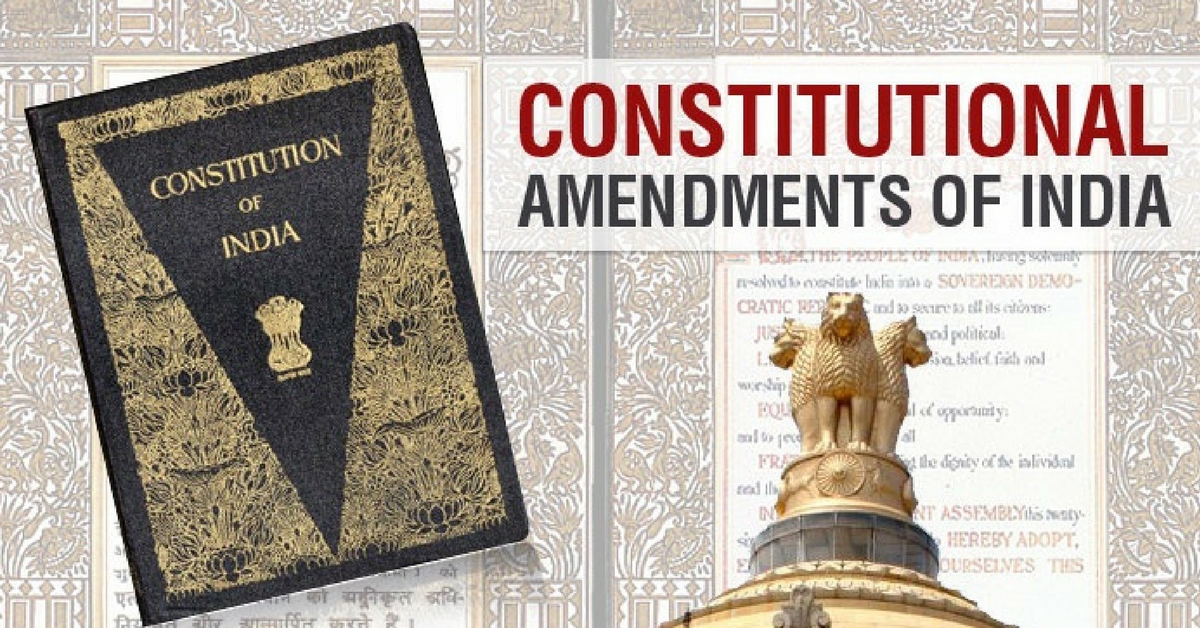New dimensions of public management
New dimensions of public management NPM is a label that captures a range of reforms inspired by the idea that private sector management techniques and market mechanisms increase public sector efficiency. NPM type reforms include, for example, quantification, the introduction of performance management systems, the increase in the responsibility of public administrators, the introduction of … Read more



